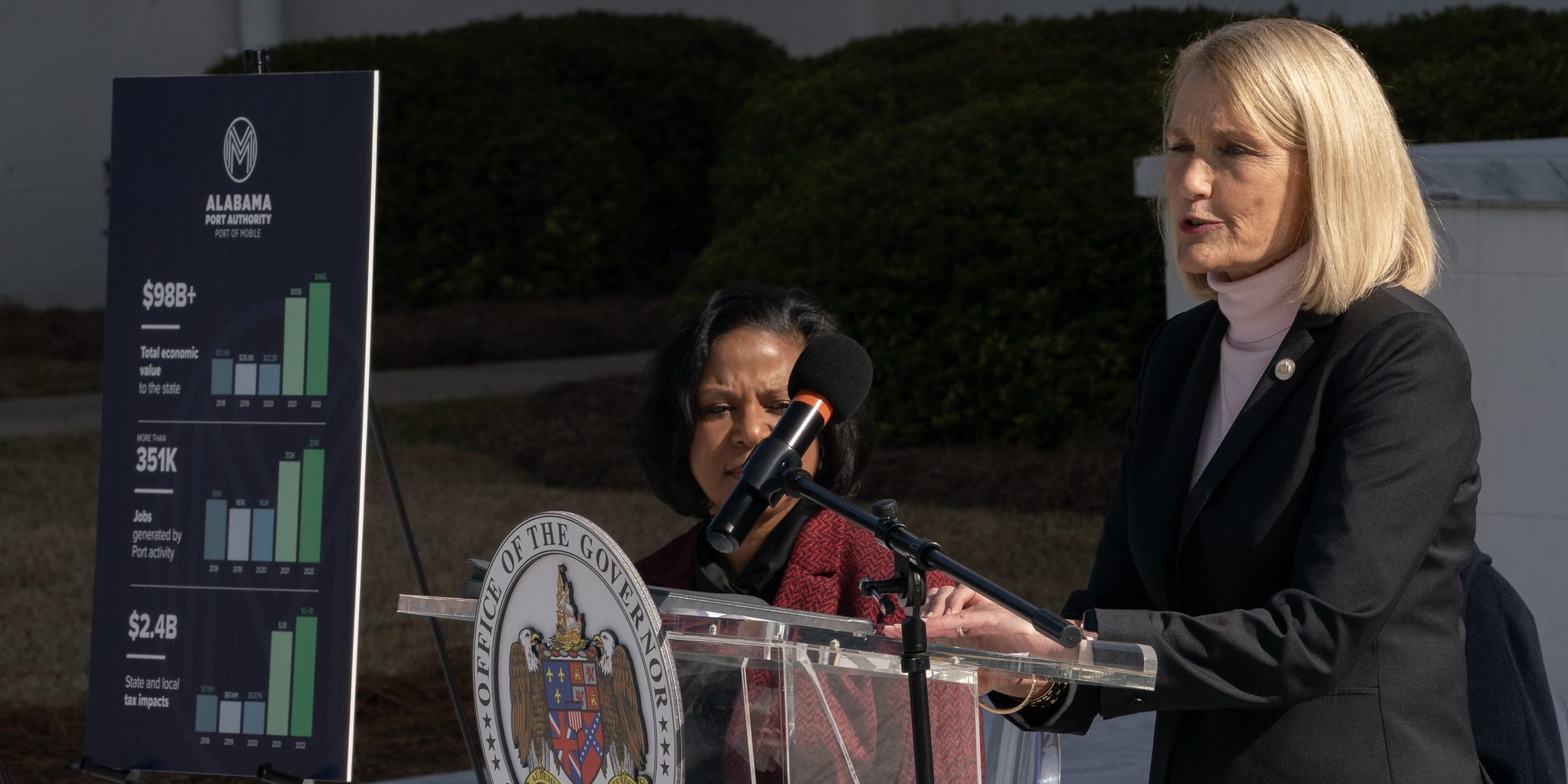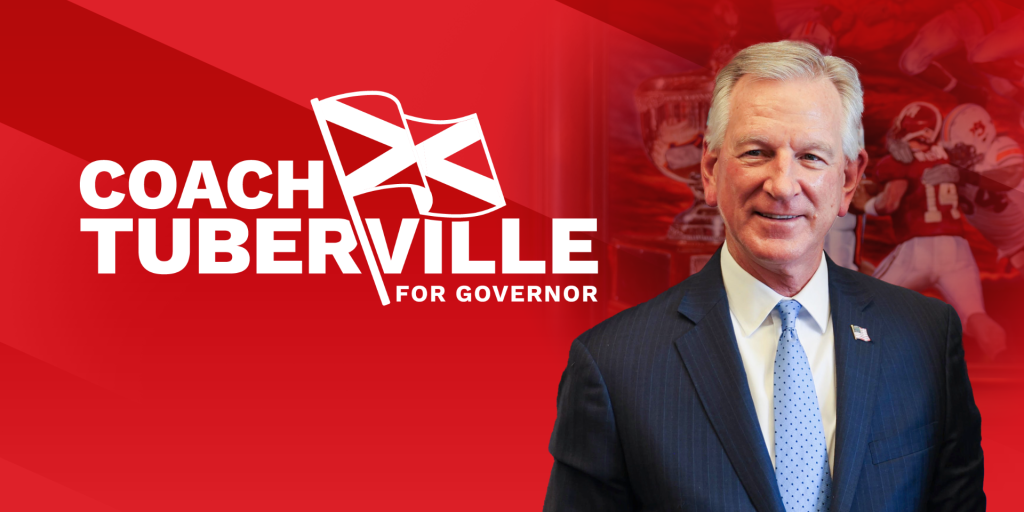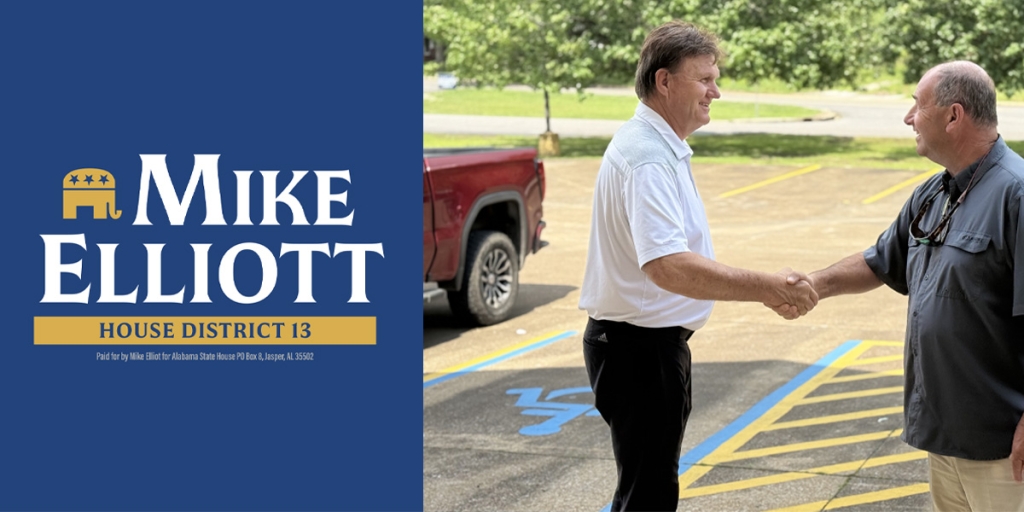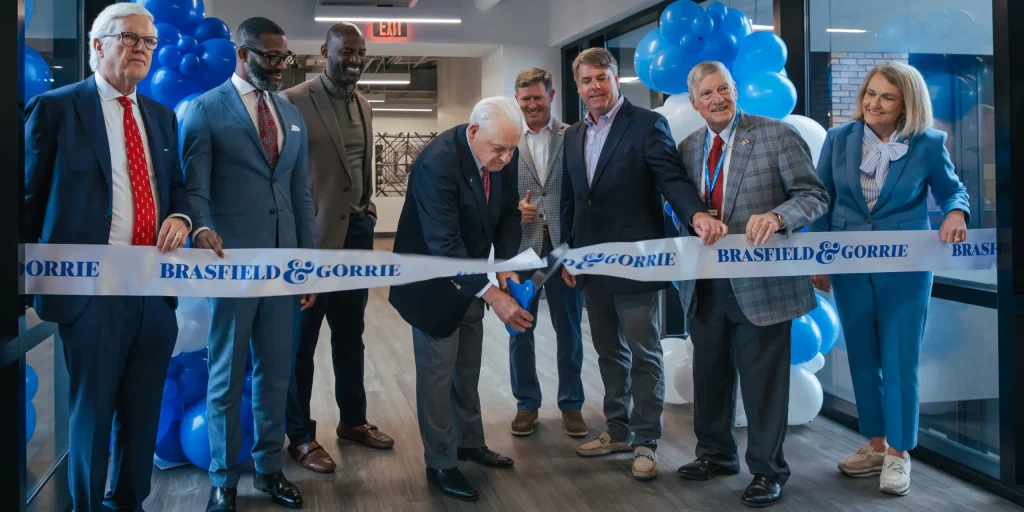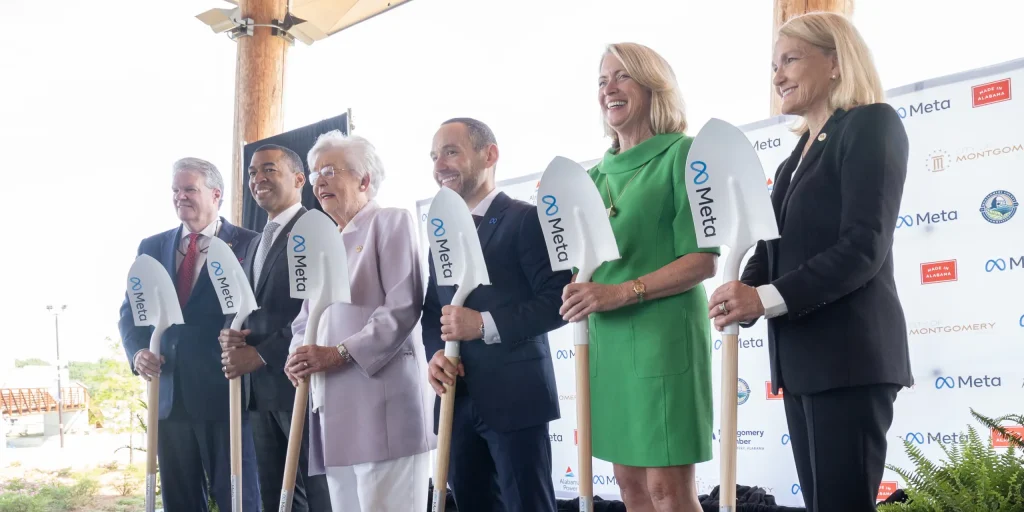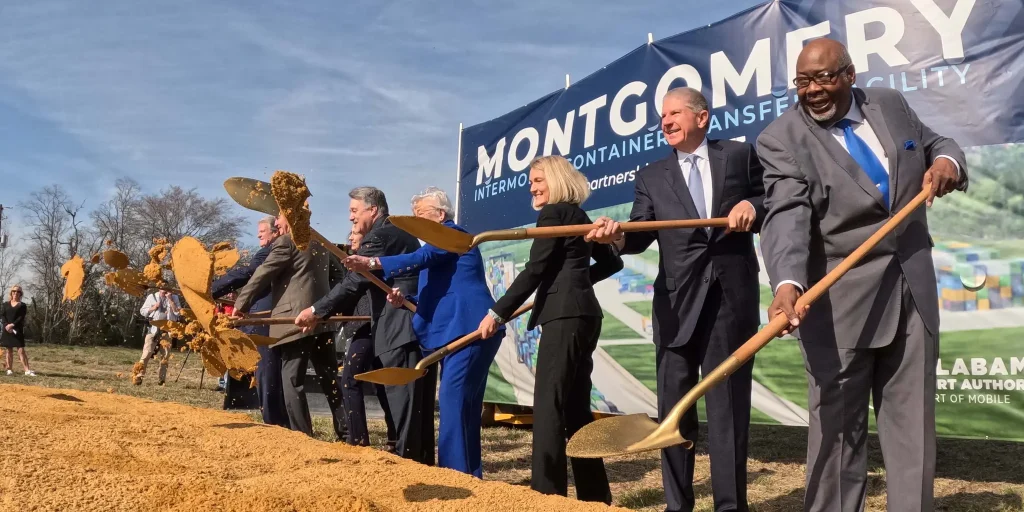Alabama Secretary of Commerce Ellen McNair joined Alabama Public Television’s Capitol Journal last week to discuss her economic professional background, approach to crafting strategy, as well as the ongoing effort by the United Auto Workers (UAW) to unionize the Mercedes-Benz manufacturing facility outside of Tuscaloosa.
“My experience, I hate to use this number, but 40 years and economic development, primarily at the local level with the Montgomery chamber,” said McNair. “I also have worked at the Department of Commerce twice in my career, once as a project manager and then once leading the research department. So, I have had that statewide experience in the past. I think having the background of a local economic developer is extremely helpful in this position, because you really do understand the challenges and the opportunities at the local level.”
“Quite frankly, so much of the work is done, the site preparation, the community involvement and all the partners that are necessary to come together at the local level.”
McNair elaborated on the role Governor Kay Ivey has given her in creating economic and workforce related development policy.
“The one thing that Governor Ivey asked me to do when I joined this team, is to develop a new strategic plan for economic development for the state. So the last plan was done in 2012, that was Accelerate Alabama and then it was adjusted and modified a little bit in 2016.”
“So the world has changed a good bit in those years. It really is time to do another approach.”
She acknowledged that it’s a “big job” to effectively plan for future economic development in the state, but said that a very capable and experienced group has been brought in to accomplish the task.
“Bill Poole, who of course is finance director for the state, but really I asked him to join because of his role with Innovate Alabama, and he is chairman of that effort now and went through this process for the last three years of a strategic plan and implementation.”
“His expertise and experience in that process is so helpful.”
“Greg Barker, president of the AEDPA. Of course, AEDPA is an incredible partner to the Department of Commerce and the private sector input that AEDPA brings to bear and Greg personally is one of the finest economic developers in the state.”
“Then the third person I asked is Dr. David Bronner. You cannot really oversell the impact that he and his organization have had in economic development in the state of Alabama and the resources that they bring to the table. So I really wanted to bring in some great thinkers, some great economic development thinkers, but also people that get things done.”
“All three of those organizations and those individuals, not only are visionaries, but they make things happen.”
RELATED: Industry investment in Alabama exceeded $6.4 billion in 2023
The Secretary also noted that the Department of Commerce has hired a top consulting and accounting firm to gather and analyze data pertaining to the development of a future strategic economic plan for the state.
“We have hired McKinsey and Company, world class consultant to do the quantitative piece, really looking at what those targets should be and really looking at both the opportunities and the challenges that we may face in those targets because some of our targets,” said McNair. “We’re really looking at McKinsey to come in and really help us predict the future and where our opportunities will come in.”
“Then we needed to process to gather everyone’s voice in this so there are so many entities so many individuals and organizations across our state that really needs input into this strategic plan. So we have contracted with Troy University and Alabama a&m to help direct that process because we needed a very thoughtful, strategic process to get all of that input in to the McKinsey team to be able to build and have a voice in this in this strategic plan.”
“We will be reaching out across the state throughout the spring and the summer to get all of that input from all these different partners that we need their input in and then incorporate that with the work that McKenzie is doing.”
She went into detail about the partnerships that will help bring about a future overall economic plan.
“Once the plan starts developing a little bit more, we will then look at how commerce needs to be structured and are we structured properly to be able to implement this strategic plan to really take a look at how we are set up and then how we relate to BCA and AEDPA and the Economic Development Association of Alabama and Manufacture Alabama. How we work together with those groups, because right now, it is such a blessing to have the leaders of those groups. They are so like minded and so willing to be partners, but we want to set this up for continued and sustainable partnerships long after those of us sitting in these chairs right now are gone.”
McNair then addressed the hot button issue of UAW unionization efforts within not only Alabama but throughout the entire South.
“Nationwide, the UAW numbers have been steadily going down,” McNair declared. So they needed a new supply of members to join their ranks.”
“They admitted very publicly that they’re going to spend over $40 million to unionize the international manufacturers that are primarily in the south and they targeted specifically as you said, Volkswagen, Mercedes and Hyundai initially. This is extremely concerning to us that outside the state, outside the south, organizers are coming into our state, really trying to disrupt an industry that has powered our state for so many decades. And over 50,000 people enjoy their careers in the automotive industry in the state of Alabama.”
“It is a real driver. It is just an incredible sector for our state and the growth that we’ve had.”
RELATED: Alabama produced nearly 1M cars last year; $14.2B in new investment
According to McNair, one of the plants in the state that UAW is looking to unionize has been of great benefit to Alabama’s capital city, but that the progress could be halted.
“Of course with Hyundai here locally in Montgomery, Hyundai has invested over $5 billion dollars in the city of Montgomery, just in their expansions in the last 20 years. They’ve had 18 expansions in the last 20 years of operation. They employ well over 4,000 folks. So the impact to the community in the state is is tremendous from the auto industry. We’ve had great success and having this outside force is really concerning. Mercedes and Hyundai have never had layoffs.”
She expounded on the impact that unionization has already had on the US and what it could do to Alabama.
“Since the big threes contracts were signed last fall over 18,000 temporary and permanent layoffs have been had by those big three. So obviously, not only could there be layoffs, there could be investment made in other plants in other parts of the country or in other countries.”
“Already, for General Motors has said that they are going to be going outside the United States. The ability to innovate and the ability to be able to quickly you know, change gears if they need to. Our automakers have enjoyed incredible flexibility and being able to meet the demands of the customers by having a union will slow that down. And those team members who have enjoyed direct communication with the company will no longer have that direct communication and their union dollars will be leaving our state.”
“Those are payroll dollars that we would enjoy circulating in the state of Alabama, that will be leaving the state to go to other union efforts. A lot of which the efforts at times are not necessarily efforts that citizens of the state of Alabama support and that’s really a critical point.”
RELATED: Kay Ivey, five governors unite against UAW’s expansion into the South
McNair praised Governor Ivey’s response to UAW’s threat and called the unionization efforts a “wake up call” for in-state manufactures.
“Governor Ivey has been on the phone with both the leaders of of Mercedes and Hyundai and has said if there are issues, you need to fix this. She’s been very bold in her voice, using her voice to encourage Mercedes and Hyundai to do what they need to do to be sure that this isn’t necessary.”
“People are coming, people are wanting jobs, their system, could it be better? Could they do things better? Yes. And this is a wake up call for them to be responsive to the employees needs and and listen to them.”
“That needs to be done, but hopefully we can do that on a one on one basis without a third party interfering.”
Austen Shipley is a staff writer for Yellowhammer News.




